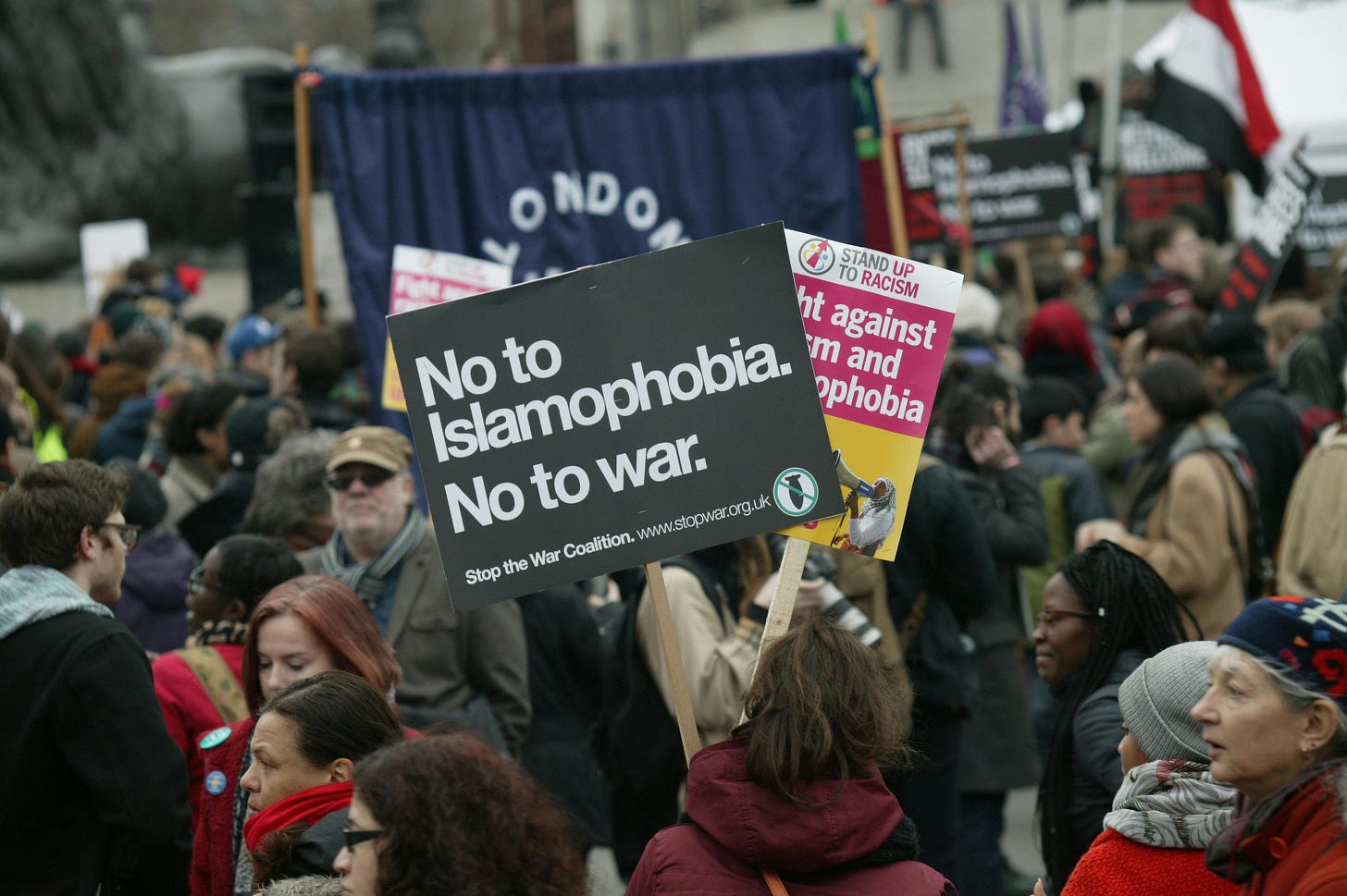White House Unveils Strategy to Combat Anti-Muslim and Anti-Arab Hate
In a significant move to address rising concerns of discrimination and hate crimes, the White House has released a comprehensive strategy aimed at countering anti-Muslim and anti-Arab bias in the United States.
The initiative, announced on December 12, 2024, responds to escalating tensions and incidents targeting these communities, particularly in the wake of recent global events.
Key Points of the Strategy
The strategy, developed in collaboration with Muslim and Arab American leaders, outlines several key areas of focus:
Enhancing data collection on hate crimes against Muslim and Arab Americans
Increasing federal support for security at mosques and community centers
Expanding cultural competency training for law enforcement agencies
Promoting educational initiatives to combat stereotypes and misinformation
Strengthening civil rights enforcement to address discrimination
White House Press Secretary Karine Jean-Pierre stated, "This strategy represents a whole-of-government approach to ensuring that Muslim and Arab Americans can live free from fear and discrimination."Context and BackgroundThe release of this strategy comes at a time of heightened concern within Muslim and Arab American communities. According to the FBI's latest hate crime statistics, incidents targeting Muslims increased by 18% in 2023, while those targeting individuals of Arab descent rose by 22%.Dr. Zahra Billoo, Executive Director of the Council on American-Islamic Relations (CAIR), commented on the timing of the strategy: "While we welcome these efforts, it's crucial to recognize that this comes after years of advocacy from our communities. The rise in hate crimes we've seen is not just a recent phenomenon but a long-standing issue exacerbated by global events and political rhetoric.
Key Components of the Strategy
Data Collection and AnalysisOne of the primary focuses of the strategy is improving the collection and analysis of data on hate crimes against Muslim and Arab Americans. The Department of Justice will lead this effort, working closely with state and local law enforcement agencies to ensure more accurate and comprehensive reporting.
FBI Director Christopher Wray emphasized the importance of this initiative: "Accurate data is crucial for effectively combating hate crimes. This enhanced data collection will allow us to understand trends better and allocate resources where they're most needed.
Security Enhancements
The strategy includes increasing federal funding for security measures at mosques, Islamic centers, and Arab American community organizations. The Department of Homeland Security will oversee a grant program to improve physical security and provide training on threat assessment and response.
Secretary of Homeland Security Alejandro Mayorkas stated, "Ensuring the safety of all communities is our top priority. These grants will help provide peace of mind and tangible protection for those disproportionately targeted.
Law Enforcement Training
A key strategy component involves expanding cultural competency training for law enforcement agencies at all levels. This training will focus on understanding Islamic and Arab cultures, recognizing bias-motivated crimes, and improving community relations.
Attorney General Merrick Garland commented: "Effective law enforcement requires trust and understanding between officers and the communities they serve. This training will be crucial in building trust and ensuring fair and just treatment for all.
Educational Initiatives
The Department of Education will spearhead efforts to promote educational programs that combat stereotypes and misinformation about Muslim and Arab Americans. This includes developing curriculum resources for schools and supporting community-based education initiatives.
Secretary of Education Miguel Cardona emphasized the importance of education in combating bias: "Education is our most powerful tool in fighting ignorance and hate. Promoting understanding and empathy in our schools can create a more inclusive society for future generations."
Civil Rights Enforcement
The strategy outlines plans to strengthen civil rights enforcement mechanisms to address discrimination in various sectors, including employment, housing, and public accommodations.
The Equal Employment Opportunity Commission (EEOC) will play a key role in this effort.EEOC Chair Charlotte Burrows stated, "Discrimination has no place in our society. We are committed to vigorously enforcing civil rights laws to protect Muslim and Arab Americans from bias in all aspects of their lives.
Community Response and Reactions
The announcement of the strategy has been met with mixed reactions from Muslim and Arab American communities and advocacy groups.
Nihad Awad, CAIR's National Executive Director, cautiously welcomed the initiative: "While this strategy is a step in the right direction, its effectiveness will ultimately be judged by its implementation and the tangible improvements it brings to our communities.
Dr. James Zogby, President of the Arab American Institute, expressed similar sentiments: "We've seen promises before. What we need now is sustained action and accountability to address the deep-rooted issues of Islamophobia and anti-Arab bias in our society.
Some community leaders have raised concerns about the potential for increased surveillance disguised as security measures. Farhana Khera, Executive Director of Muslim Advocates, cautioned: "While we appreciate the focus on community safety, we must ensure that these measures do not infringe on civil liberties or perpetuate harmful stereotypes.
Looking Ahead
The White House has announced that the strategy's implementation will begin immediately. Regular progress reports will be made public. A task force comprising representatives from various federal agencies and community organizations will oversee the implementation and provide ongoing recommendations.
As the United States continues to grapple with issues of diversity, inclusion, and civil rights, this strategy represents a significant acknowledgment of the challenges faced by Muslim and Arab Americans. Its success will depend on government action and broader societal efforts to combat prejudice and promote understanding.
The coming months will be crucial in determining the strategy's effectiveness and its impact on the lives of Muslim and Arab Americans across the country. As global events shape domestic attitudes, the need for such initiatives and ongoing dialogue becomes ever more pressing in pursuing a more inclusive and equitable society.



